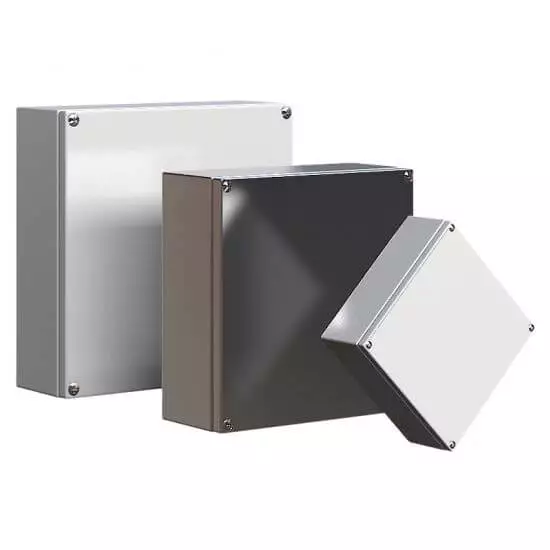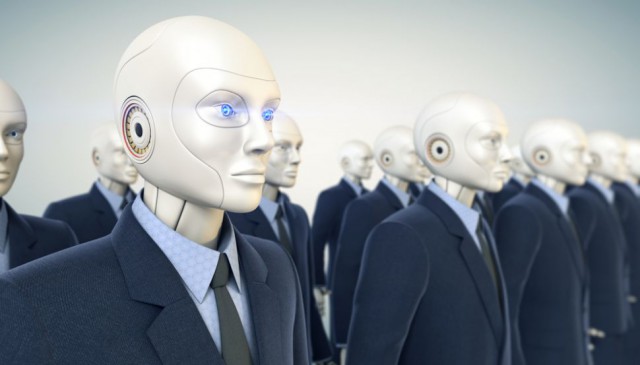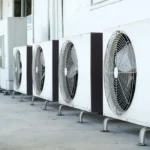In the modern-day era where most people cannot live without smartphones, a self-made billionaire, Terry Gou has now established his Foxconn Technology Group into a firm which manufactures most of these smartphones for a cheap price.l
Gou, who founded the firm in 1974, based the company in Taiwan as a US$ 7500 garage startup. It was once criticized for having Chinese sweatshops and their workers committing suicide, his firm is now known to work with the highest efficiency, and Foxconn also sets the international standard of the lowest possible manufacturing costs.
Even though for Gou’s enormous wealth and his firm’s incredible products, both the former and his firm are not well-known outside China, where Foxconn manufactures mass quantities of electronics on behalf of huge companies including Apple, Dell and Hewlett-Packard.
Moreover, Gou’s key to success has also been the secrecy of how he manufactures his products, while he also seeks to avoid publicity. Moreover, his worth of US$10.5 billion shows how successful his career has been as an entrepreneur.
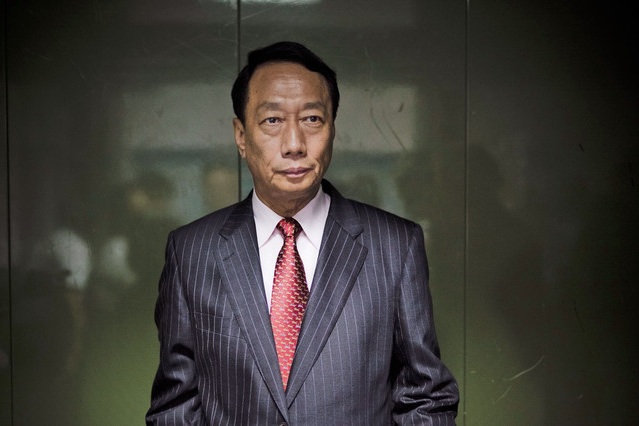
Gou’s company got their first breakthrough in 1980 after six years of struggle, with an order from Atari, the first major video-gaming company to make its console’s joystick.
Terry Gou traveled throughout the US, trying to sell his capabilities to different corporations, only to be unsuccessful.
In 1988, Gou returned to mainland China, where China’s economy started to grow. He built a production house in the city of Shenzhen, where his largest factory remains till date.
With many Chinese subsidies, Beijing began a hub for Foxconn, making it easier for Gou to use China as an exporting platform to the rest of the world. He adopted China’s key to success, building large production units using cheap labour, from immigrants and China’s rural interior provinces.
In present day, Gou now owns more than 12 production units in China, which employs several thousands of workers.
However, in 2010, suicides at Foxconn’s Chinese production units drew international attention towards the company. Since then, Gou’s firm has increased the wages for its’ workers, often giving them counselling.
However, as the wages increased, Gou started to focus on robots, trying to turn the company from a labour-intensive to a capital-intensive firm, which will further lower down the costs of the firm. That business model is likely to be implemented by the firm in their plans of building a manufacturing unit at Wisconsin.
Foxconn has been manufacturing various products, with Apple’s iPhone bringing it majority of its’ profit. But, from last year, the firm has begun to diversify, also aquiring a Japanese company named Sharp Corporation.
Gou has also expressed his desires to diversify into different software fields, and has planned an outstanding bid to takeover Japanese tech giant, Toshiba, which is famous for holding memory-chip sector of Japan.
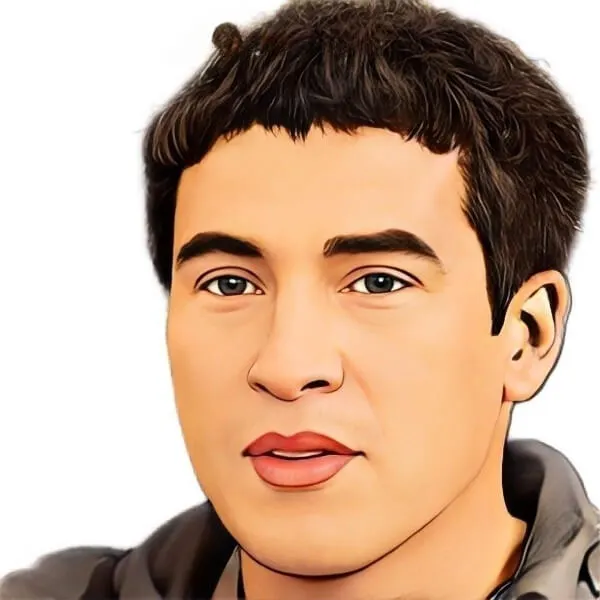
Nicholas is a dedicated and experienced author of this tech blog. He wants to be helpful and offer great content to his readers, but he also needs to make sure that the site is profitable so it can continue running. If you have any questions or concerns about our work please don’t hesitate to contact us!
